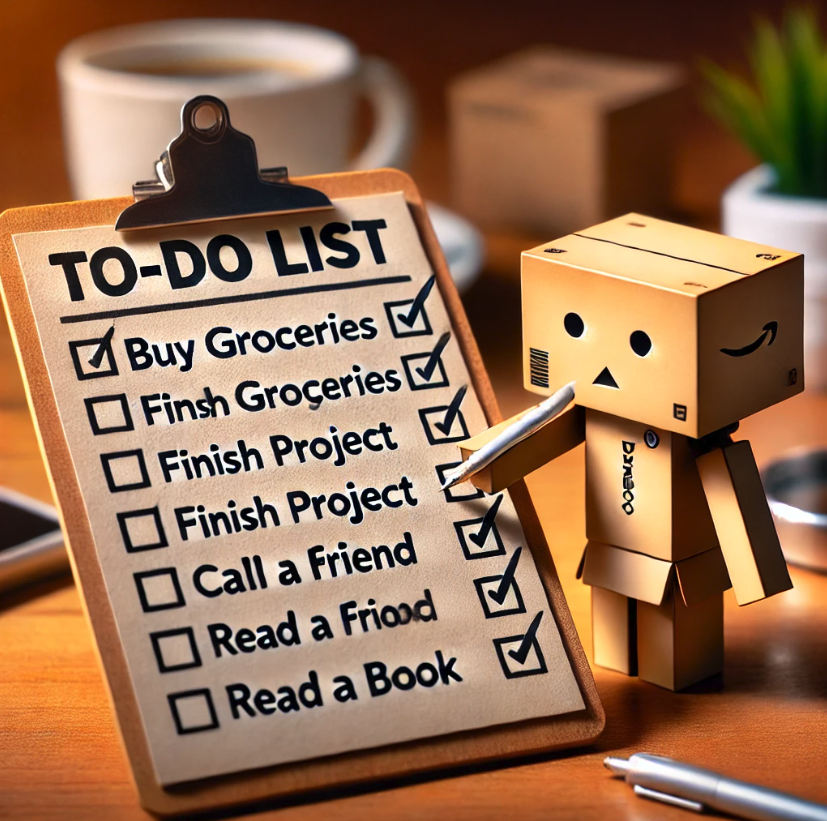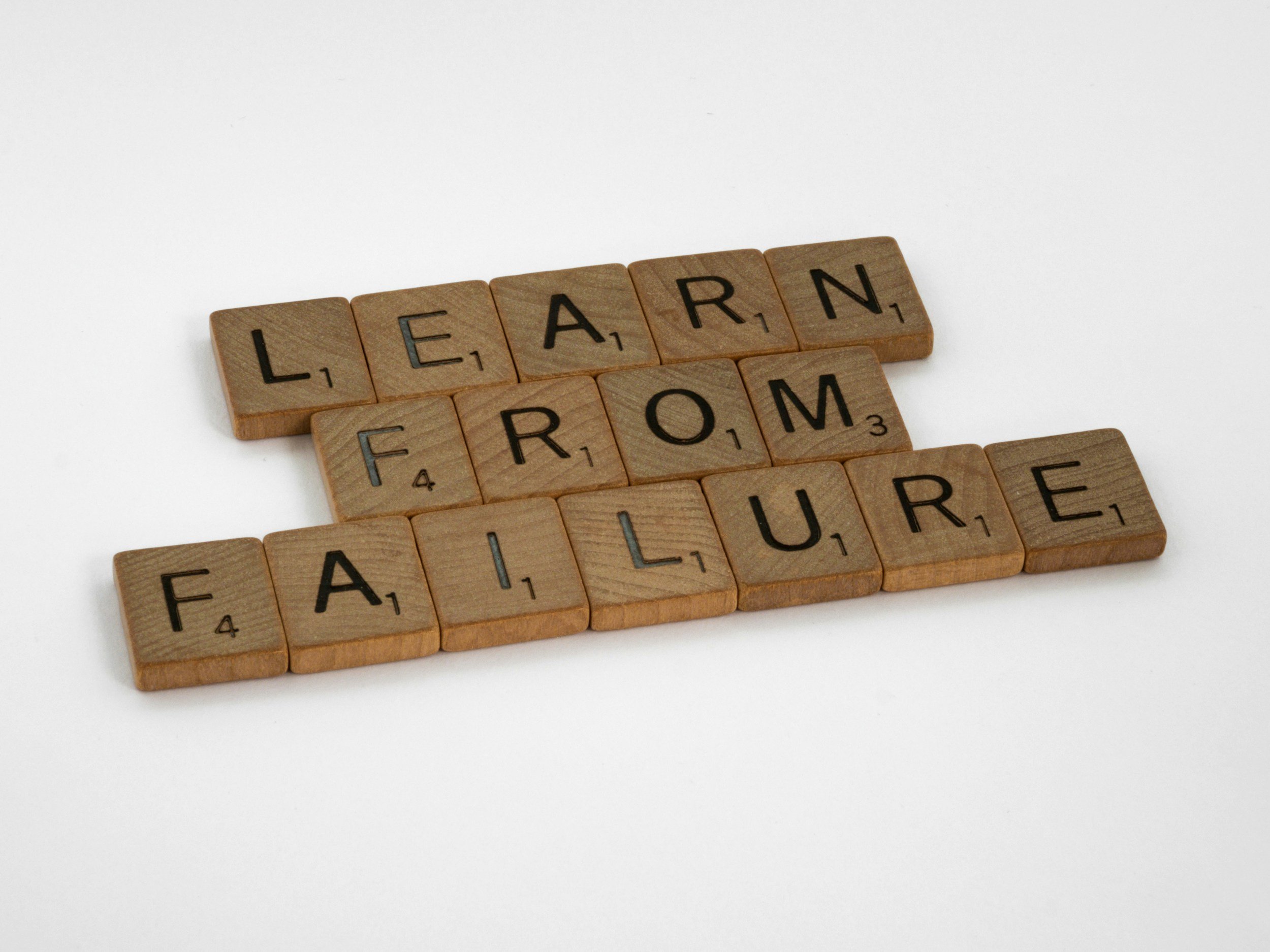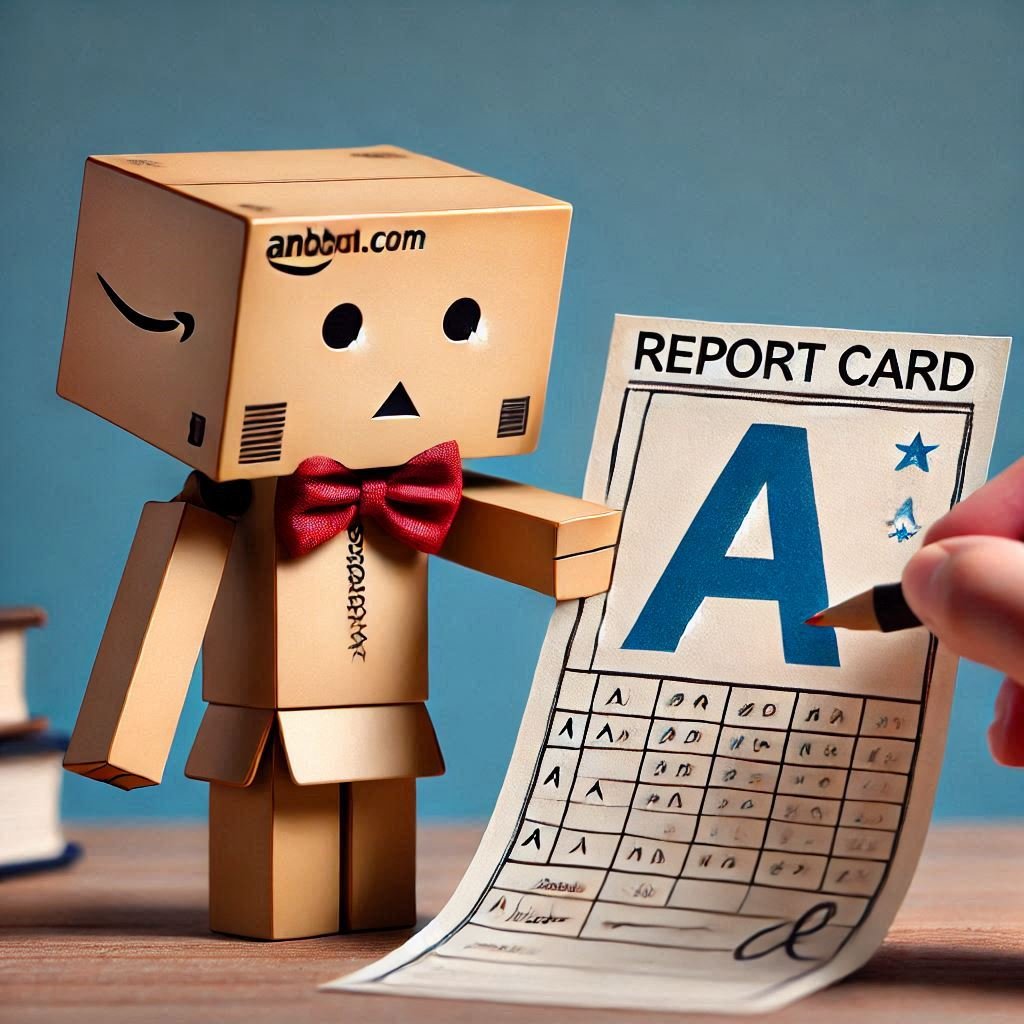
Turn Mistakes into A's: The Power of an Error Notebook
Struggling with repeated mistakes in math and science? Keeping an error notebook can help! This simple yet powerful tool boosts retention, improves problem-solving skills, and builds independent learning habits. Discover the research-backed benefits of tracking and analyzing mistakes—and get a free template to start your own error notebook today!

Breaking Free from Tutor Dependency: How to Build Independent Learning Skills
Are you or your child struggling to retain knowledge without a tutor? Many students excel during tutoring sessions but feel lost when studying alone. In the latest episode of The Learning Core, we explore the psychology behind tutor dependency and share proven strategies to foster independent learning. Learn how to break free from reliance on tutors and develop lifelong self-study skills!

Best Study Apps & Digital Tools for Independent Learning 🚀
Explore the top study apps and digital tools designed to enhance independent learning. From focus boosters like Forest to powerful flashcard apps like Anki, these tools help students manage time, improve recall, and stay organized. Find expert recommendations, ratings, and potential drawbacks in this final part of the Independent Learning Series!

The Ultimate Parent & Student Toolkit for Independent Learning
Want to help your child become an independent learner? This toolkit provides essential checklists, planners, and strategies for self-monitoring, confidence-building, and study planning.

Comprehensive Glossary for the Independent Learning Blog Series
Discover essential learning concepts in this glossary from our Independent Learning Blog Series. Learn how strategies like retrieval practice, scaffolding, and self-monitoring help students transition from tutor reliance to academic independence.

The Role of Anxiety & Confidence in Independent Learning
Many students struggle during exams, not because they lack knowledge, but due to anxiety and low confidence. This article explores the science behind test anxiety, the confidence gap, and practical strategies to help students perform better under pressure. Discover how to reduce anxiety, embrace mistakes as learning opportunities, and build lasting confidence for independent study success.

Self-Monitoring: Train Your Brain to Think Like a Tutor
Students often make mistakes when studying alone but excel under supervision. This guide explains self-monitoring and how students can develop independent learning skills.

The Illusion of Learning: Why Confidence in Class Doesn’t Always Mean Mastery
Many students feel like they understand a topic in class, but struggle to apply it independently. This article explains the illusion of learning and how to overcome it for real academic success.

The Mystery of Tutor Dependency: Why Students Excel with a Tutor but Struggle Alone
Does your child excel with a tutor but struggle to study alone? This post explores the science of tutor dependency and provides practical strategies to help students build independent learning skills.

Boost Your Chemistry Grades with Flashcards!
Struggling to make Chemistry revision effective and engaging? Flashcards might be the solution you’re looking for! Compact, portable, and powerful, flashcards are proven tools to help you master tricky topics, formulas, and reactions for your N and O Level exams.
Discover how active recall, bite-sized learning, and targeted practice can transform your study routine. Plus, I’ve created topical flashcard sets aligned with the Chemistry syllabus to make your revision easier. Each set is designed to help you memorize key definitions, understand core concepts, and test yourself anytime, anywhere.
Check out the full blog post to explore my curated flashcard sets and learn tips to use flashcards like a pro. With the right tools, Chemistry doesn’t have to be daunting—start flipping your way to better grades today!

Part 5: Putting It All Together (Creating Your Retrieval Practice Routine)
Creating your own retrieval practice routine doesn’t have to be complicated—it’s all about starting small and staying flexible. Focus on one subject at a time, set a simple schedule, and experiment with methods like flashcards or brain dumps. Track your progress to see how far you’ve come, and add a dash of fun with friendly challenges or small rewards. With a bit of consistency and creativity, you’ll turn retrieval practice into a powerful tool for better memory, stronger recall, and confident learning!
